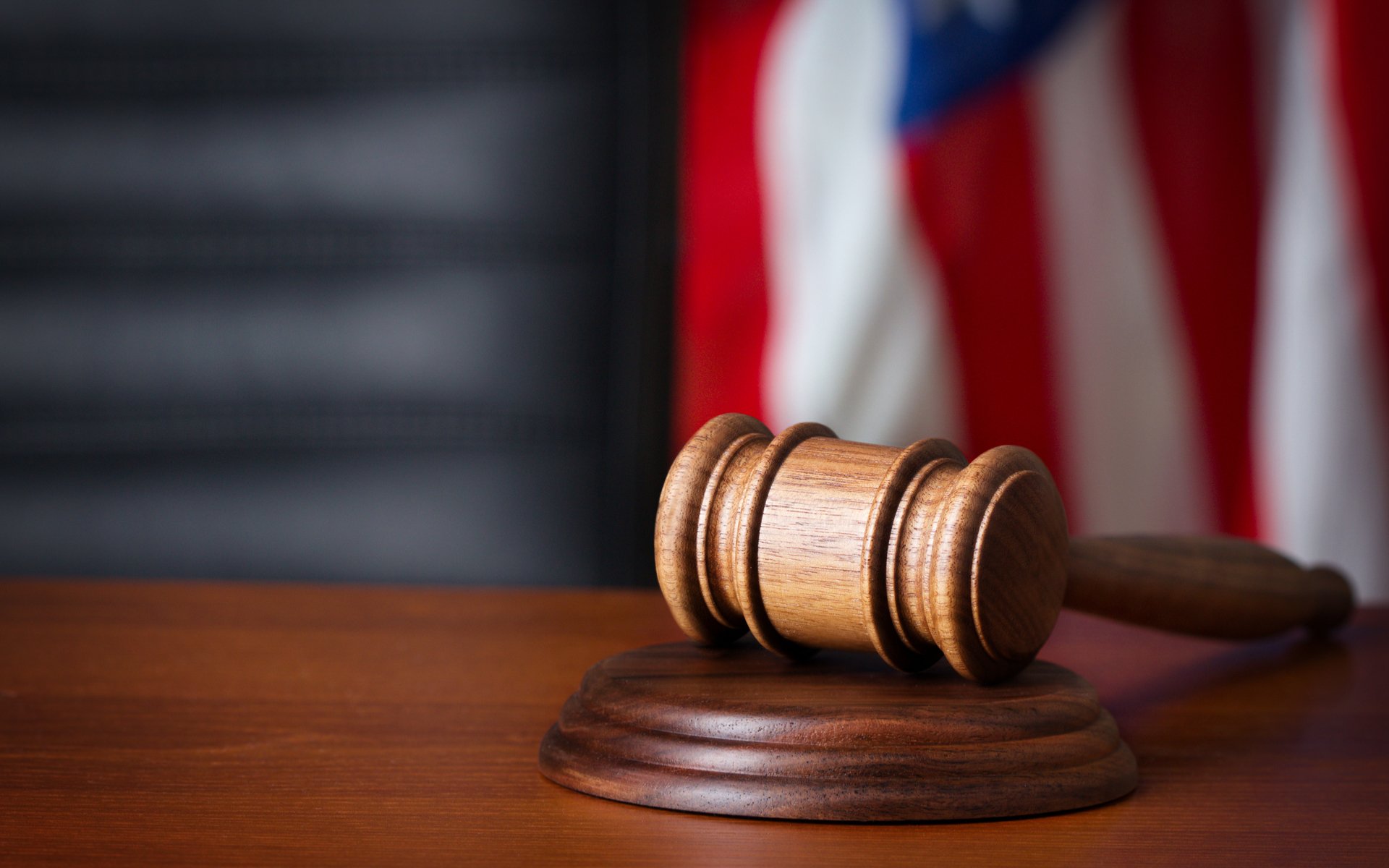Telegram finally responds to the US SEC’s complaint about its ICO, which the US regulator believes to be illegal by denying all allegations.
Telegram, a company behind one of the most popular messaging apps by the same name, became a topic of controversy somewhat recently. The matter revolves around its cryptocurrency project, Telegram Open Network (TON), which managed to raise $1.7 billion during an ICO for its new native GRAM token.
However, only a few weeks ago, the US SEC filed a complaint against the company and the TON project, with claims that the ICO was unregistered and therefore illegal in the United States. After several weeks, during which the cryptocurrency community speculated regarding the potential outcome of the conflict, Telegram finally released an official response to the US regulator.

Telegram’s response
Like most other ICOs targeted by the US SEC (Securities and Exchange Commission), Telegram also decided that their official response will be the denial of all allegations. The company released a 35 page-long document in which it denies almost every allegation raised by the SEC.
The company was quick to establish the fact that there was a lack of regulatory clarity that would clearly prove that their actions violated the federal securities laws. Furthermore, Telegram states that the plaintiff (the SEC) “has engaged in improper ‘regulation by enforcement’ in the nascent area of the law.”
Telegram also states that the company voluntarily engaged with the SEC to gain regulatory insight almost two years ago, which was followed by regular communication. The company’s goal was to avoid problems such as this, and that the SEC not only failed to provide regulatory guidance, but also did not provide any warning that would prevent the company from moving forward with its plans to hold a token sale.
Telegram admits that it did not file any registration statement with the regulator, but it also noted that doing so is not required under the federal securities laws. Furthermore, the firm established that its GRAM tokens do not exist as of yet, but if and when they do, they will be commodities, and not securities.
As mentioned earlier, the company’s response continues to deny all allegations made by the regulator, going into great detail to describe its stance and why it believes that their moves did not violate current regulations. The regulator has yet to respond to the newly-issued document, meaning that the conflict is likely far from over.
What do you think about Telegram’s response? Do you believe that the company is innocent, or do you side with the regulator on the issue? Leave a comment down below and let us know.
Images via Shutterstock










